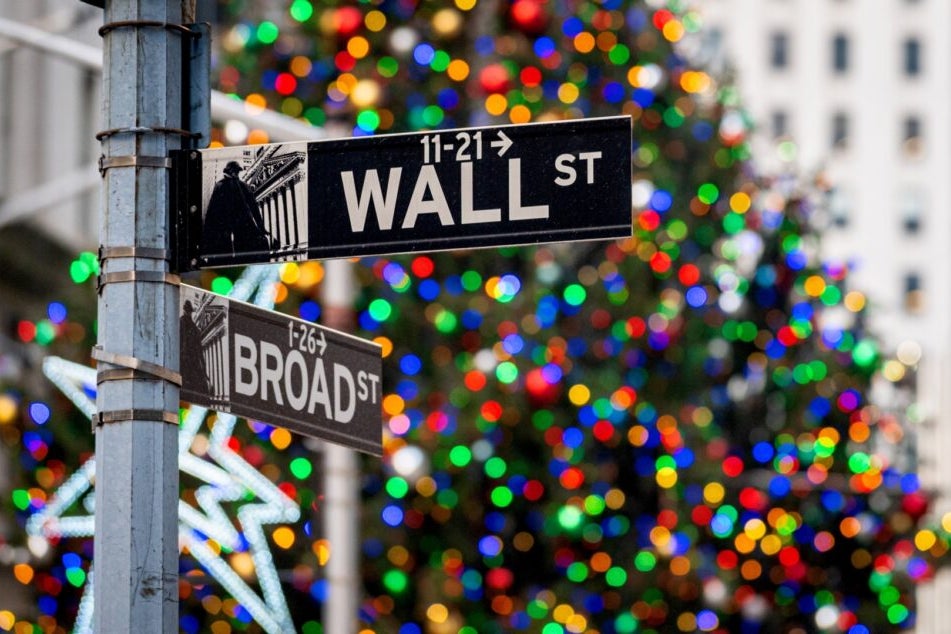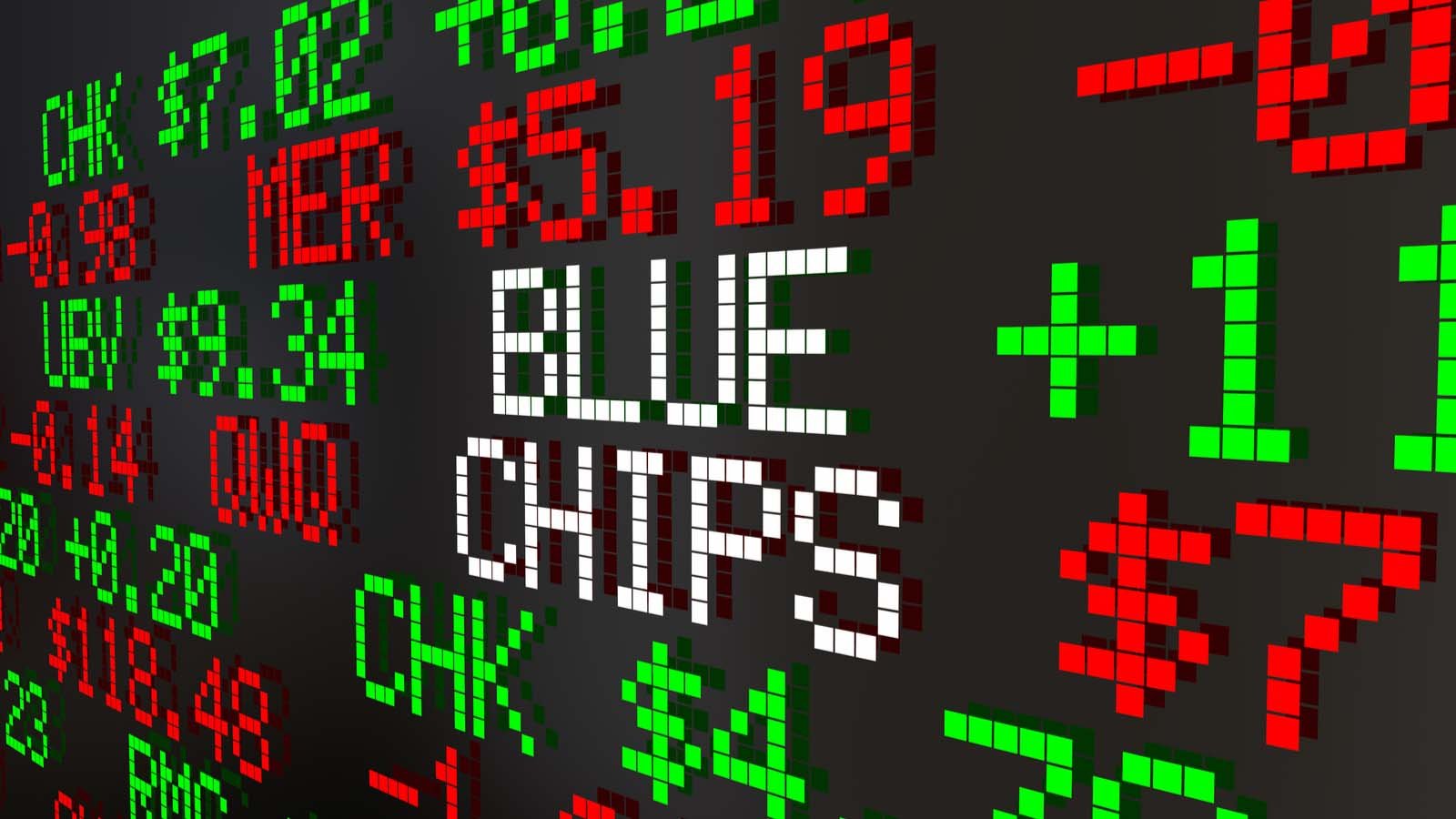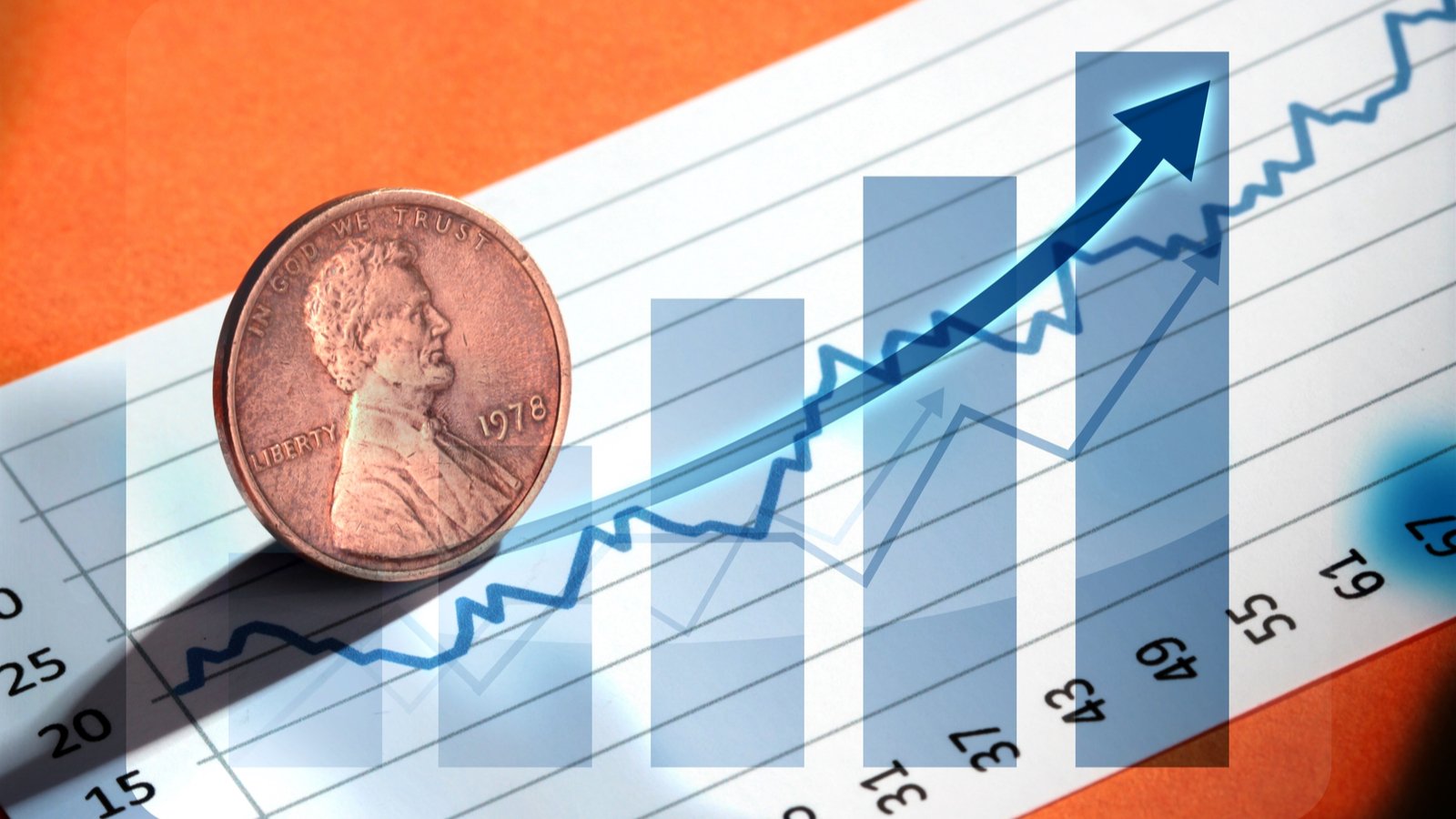3 Minutes to Read tmsnrt.rs/2egbfVh* Graphic: Trade-weighted sterling since the Brexit vote tmsnrt.rs/2hwV9Hv (Updates throughout, including the addition of the BOE, money markets, and an analyst statement) (Reuters) – LONDON, July 15 (Reuters) – After Bank of England policymaker Michael Saunders suggested the central bank could opt to terminate its bond-buying program early due to an unexpectedly steep spike in inflation, sterling reversed earlier losses and climbed higher on Thursday. Following his remarks, money markets reprioritized interest rate expectations, pricing in 18 basis points of policy tightening by June 2022 compared to just 10 basis points previously, and two-year gilt yields jumped six basis points to their highest level since mid-June. The pound climbed 0.2 percent against the dollar to $1.389, after falling as low as $1.381 earlier in the day, but was trading level at $1.386 at 1130 GMT. It also strengthened versus the euro, rising 0.2 percent on the day to 85.2 pence, though it remained below the three-and-a-half-month highs reached on Wednesday. Saunders’ remarks add to hints of a shift in the Bank of England’s stance, where retiring chief economist Andy Haldane had been the sole advocate for ending pandemic-time intervention until recently. BOE Deputy Governor Dave Ramsden indicated on Wednesday that inflation could touch 4% this year, requiring the bank to reverse its monetary stimulus earlier than envisaged. “Sterling bulls have been driven back in recent weeks by a dovish BoE, particularly Governor (Andrew) Bailey’s caution. However, we have had to swallow robust CPI statistics, a healthy labor market report, and hawkish comments from two MPC members in the last 24 hours “Jane Foley, a Rabobank strategist, stated. “The latter, in particular, is boosting sterling bulls’ confidence.” Saunders commented as figures indicated that 356,000 jobs were added in June compared to May, and that headline wage growth was the fastest year-over-year since records began in 2000. Inflation had grown 2.5 percent in the 12 months to June, significantly beyond the central bank’s objective, according to figures released the day before. However, given the quick spread of the Delta strain of the coronavirus, the pound hasn’t shed suspicions that Britain’s decision to fully reopen the economy on July 19 may be premature. Any optimism about the economy’s recovery is being tempered by this fear. Sterling appears to be pricing in the fact that the economy is reopening too soon, according to Justin Onuekwusi, portfolio manager at Legal & General Investment Management. “A few months ago, it appeared that the UK was much ahead in terms of vaccinations,” Onuekwusi explained, “but what the market was not anticipating was the growth in the Delta variety.” There are also fears about the end of job subsidies, which supported 2.4 million jobs at the end of May but will be phased off by the end of September, causing unemployment to rise once more. Sujata Rao contributed to this report. Ritvik Carvalho contributed additional reporting. Angus MacSwan and Frances Kerry edited the piece./n
Read MoreUPDATE 1-Pound recoups early losses on signs of hawkish turn at BOE
2021-07-15T11:52:25-04:00July 15th, 2021|





